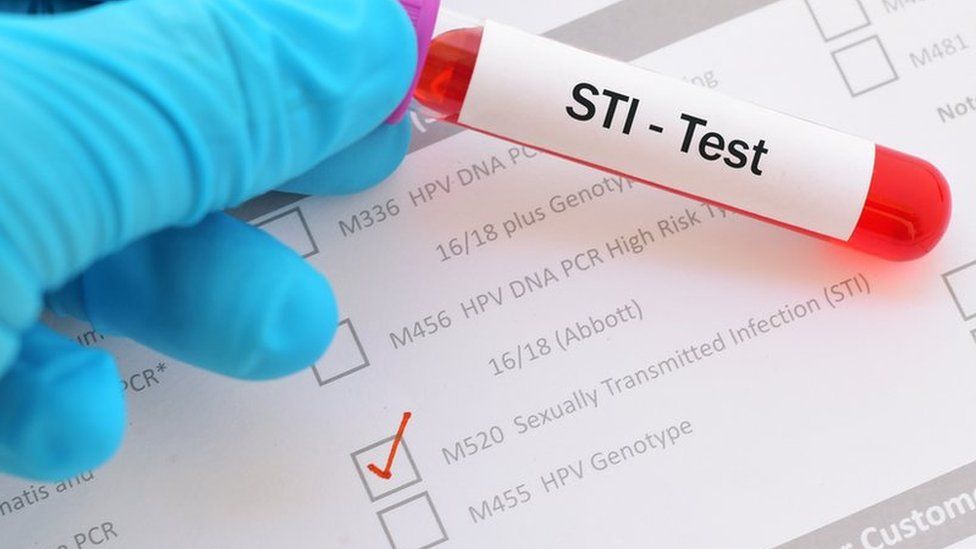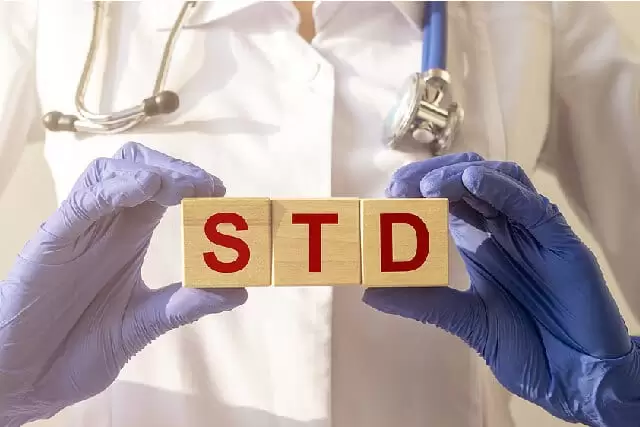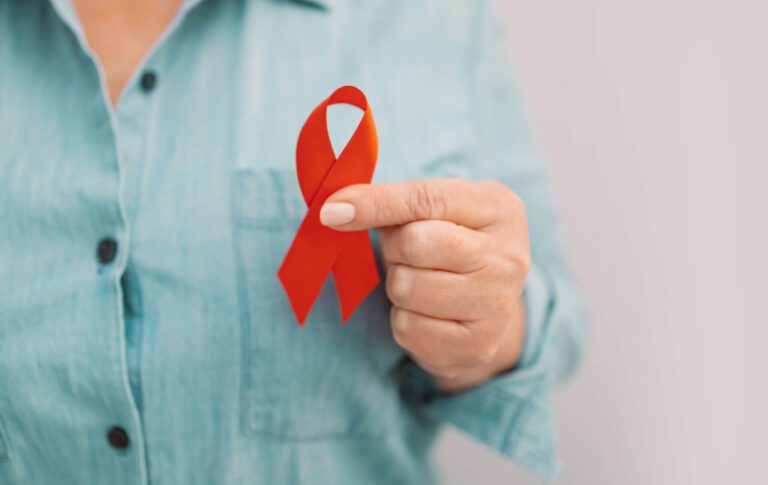Knowing Your Body: Recognizing the Signs and Symptoms of STIs
Sexually transmitted infections (STIs) are a serious health concern for sexually active individuals. These infections can have long-term consequences on your health and even lead to serious health issues like infertility or cancer. That’s why it’s important to recognize the signs and symptoms of STIs and to get tested regularly at a reputable testing center. In this article, we’ll discuss the importance of STI testing, where to get tested, and how to recognize the signs and symptoms of common STIs.
Why STI Testing Is Important
STI testing is important for several reasons. Firstly, it can help you detect an infection early before it becomes more serious. Secondly, it can help prevent the spread of infections to others. Thirdly, it can give you peace of mind, knowing that you are healthy and free from infections. STI testing is also an important component of overall sexual health and should be a regular part of your sexual health routine if you are sexually active.

Where to Get Tested for STIs
There are many options for getting tested for STIs, including local health HIV clinics, private testing centers, and online testing services. It’s important to choose a reputable testing center that offers confidential and accurate testing. Some testing centers may offer free or low-cost testing, depending on your income and insurance status. It’s also important to note that not all testing centers offer the same tests, so it’s important to do your research and find a testing center that offers the specific tests you need.
Common STIs and Their Symptoms
There are many different types of STIs, each with its own set of symptoms. Some STIs may not have any symptoms at all, which is why it’s important to get tested regularly. Here are some of the most common STIs and their symptoms:
Chlamydia: Chlamydia is a bacterial infection that can be spread through vaginal, anal, or oral sex. Symptoms may include pain during urination, discharge from the penis or vagina, and pain or bleeding during sex.
Gonorrhea: Gonorrhea is another bacterial infection that can be spread through vaginal, anal, or oral sex. Symptoms may include pain during urination, discharge from the penis or vagina, and pain or bleeding during sex.
Syphilis: Syphilis is a bacterial infection that can be spread through vaginal, anal, or oral sex. Symptoms may include sores or rashes on the genitals or mouth, flu-like symptoms, and swollen lymph nodes.
Herpes: Herpes is a viral infection that can be spread through vaginal, anal, or oral sex. Symptoms may include painful blisters or sores on the genitals or mouth, itching or burning sensations, and flu-like symptoms.
HIV: HIV is a viral infection that can be spread through vaginal, anal, or oral sex, as well as through sharing needles or other drug injection equipment. Symptoms may include flu-like symptoms, fever, and swollen lymph nodes.

Recognizing the Signs and Symptoms of STIs
Recognizing the signs and symptoms of STIs is important for getting tested early and preventing the spread of infections. Some STIs may not have any symptoms at all, while others may have more obvious symptoms. Common symptoms of STIs include pain during urination, discharge from the penis or vagina, and sores or rashes on the genitals or mouth. If you notice any of these symptoms, it’s important to get tested as soon as possible.
Sexually transmitted infections (STIs) are a common problem around the world. According to the World Health Organization (WHO), there are more than 1 million new cases of STIs every day. These infections can have serious consequences for your health and well-being, and can even lead to infertility, chronic pain, and other serious health problems if left untreated. That’s why it’s important to know your body and recognize the signs and symptoms of STIs, and get tested regularly at a reputable clinic or healthcare provider.
The Importance of Regular STI Testing:
Regular STI testing is important for everyone who is sexually active, even if you are in a monogamous relationship. Many STIs have no symptoms, which means you could have an infection without even knowing it. Regular testing can help you catch infections early when they are easier to treat and less likely to cause long-term damage.
In addition to getting tested regularly, there are other steps you can take to protect yourself and your partners from STIs. Using condoms consistently and correctly can help reduce your risk of getting or transmitting an STI. You can also talk to your partners about their sexual health and history, and consider getting vaccinated against HPV.
Conclusion:
In conclusion, taking care of your sexual health is crucial in maintaining your overall well-being. STIs can have serious consequences on your health if left untreated, which is why STI testing is essential. Hope Across The Globe is committed to providing access to reliable and affordable STI testing services for all. Remember to stay informed about STIs, recognize the signs and symptoms, and get tested regularly to protect yourself and your partners. Don’t let the fear of getting tested prevent you from taking care of your health. Hope Across The Globe is here to support you every step of the way.
Related Tag: STD Testing in Jacksonville






